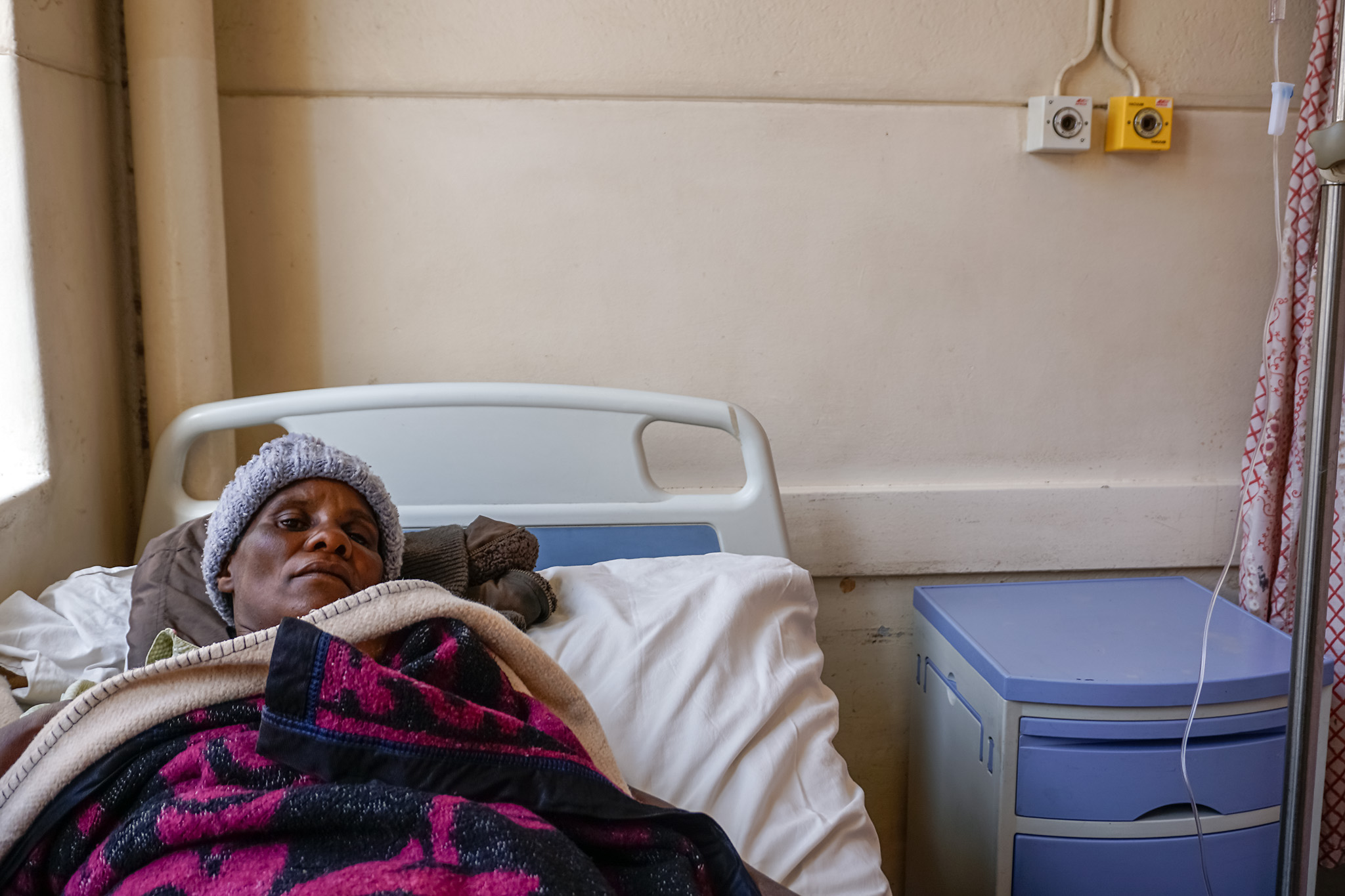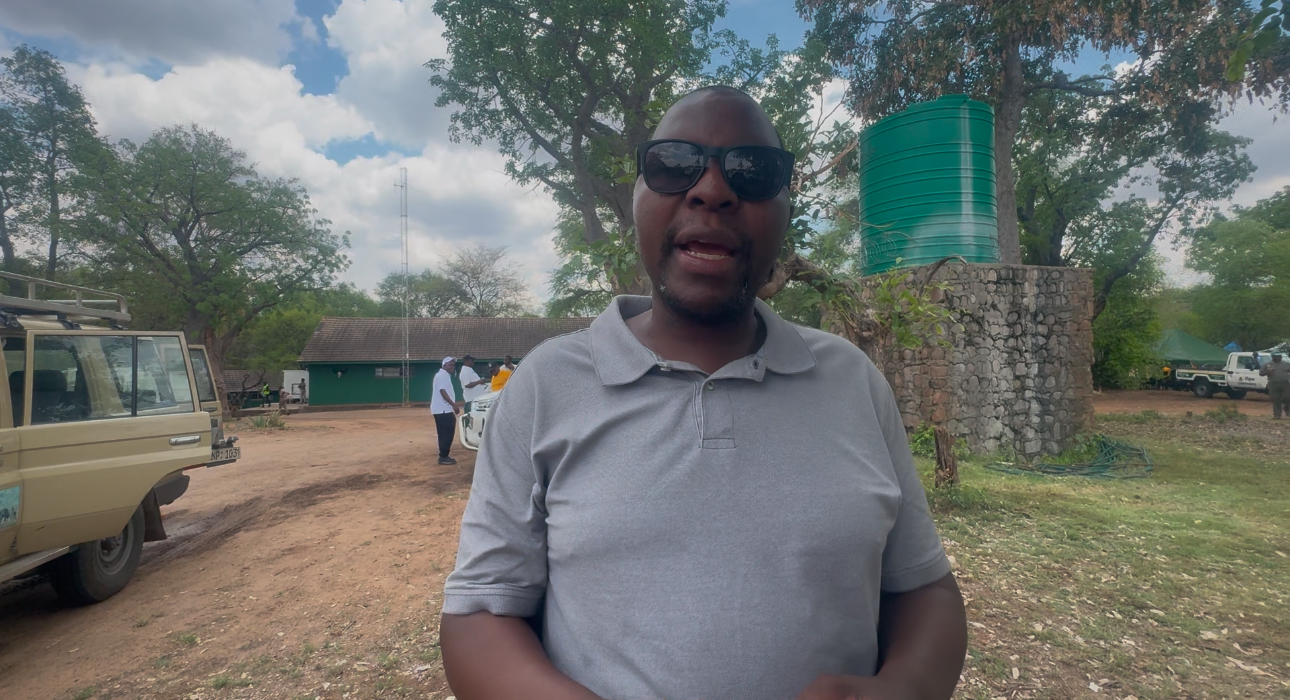BY LWANDLE MTHUNZI
Access to primary healthcare remains a major challenge to communities in Lubangwe resettlement area in Hwange where the nearest clinic is more than 30km away for some.
Lubangwe Railway Farm 55 resettlement was established in 2000 during the country’s land reform when scores of villagers, mostly families of war veterans, were settled in the area.
Government did not construct schools and clinics and old farm buildings were converted into learning facilities.
While some schools are now available as a result, although far away from some villages, the communities remain with no health facility which makes access to health a major challenge.
The worst affected are pregnant women and people living with chronic diseases such as HIV and TB who have to regularly get their monthly allocation of life saving tablets.
Edwin Nyoni, head of village 1 said had it not been for village health workers mortality could be high for people with chronic illnesses.
“We don’t have a clinic and people walk 25km to 30km to Ndlovu clinic because most have no money for transport. We risk our lives through the wildlife infested bush to Ndlovu hence we appeal to the government to help us establish a clinic nearby. We have village health workers who assist to reduce mortality and prevent home deliveries by making sure pregnant women and the chronically ill are assisted to go to hospital,” he said.
In village 2 villagers are patiently waiting for the opening of a clinic after a building was identified for use as a health facility.
The structure has no electricity and water, said village head Joseph Munsaka.
“They promised to bring some nurses to use a building that is lying idle. They said they want to connect water and electricity and we hope this will happen soon to save lives,” he said.
Gilbert Munkuli said sometimes health authorities visit with a mobile clinic at the nearby Nyongolo primary school.
He said some of his villagers walk more than 30km because they have no money for transport making access to health difficult.
“It is more than 30km to go to Ndlovu Clinic and health workers sometimes come to Nyongolo Primary School to give tablets especially to the chronically ill. Those with money sometimes hire cars but some die at home or fail to go to hospital which worsens the burden of diseases such as TB,” he said.
Because of proximity to Hwange coal mining town where most people in Hwange worked at the Hwange Colliery Company, the burden of TB is high around the district as many families have lived in Hwange town at some stage before retiring to the rural areas.
Nesi Mpala of village 2 appealed to the government to open a clinic to save chronically ill community members.
“The clinic is far and people who seek medical attention suffer, with pregnant women and those with chronic diseases the worst affected. People living with HIV and Aids are better because health workers come to give them tablets but those with TB have to go to the clinic and struggle to travel because transport is expensive. We wish the government can give us a mobile clinic so that TB patients and pregnant women get help,” said Mpala.
Government is working on a national health policy whose vision is to ensure primary health care is accessible to all communities although the plan has been in the pipeline for many years.
Health is a critical human right and key to attainment of Sustainable Development Goals.


 Slider3 years ago
Slider3 years ago
 National4 years ago
National4 years ago
 Opinion3 years ago
Opinion3 years ago
 Tourism and Environment4 years ago
Tourism and Environment4 years ago
 National2 years ago
National2 years ago
 National3 years ago
National3 years ago
 National2 years ago
National2 years ago
 National4 years ago
National4 years ago


